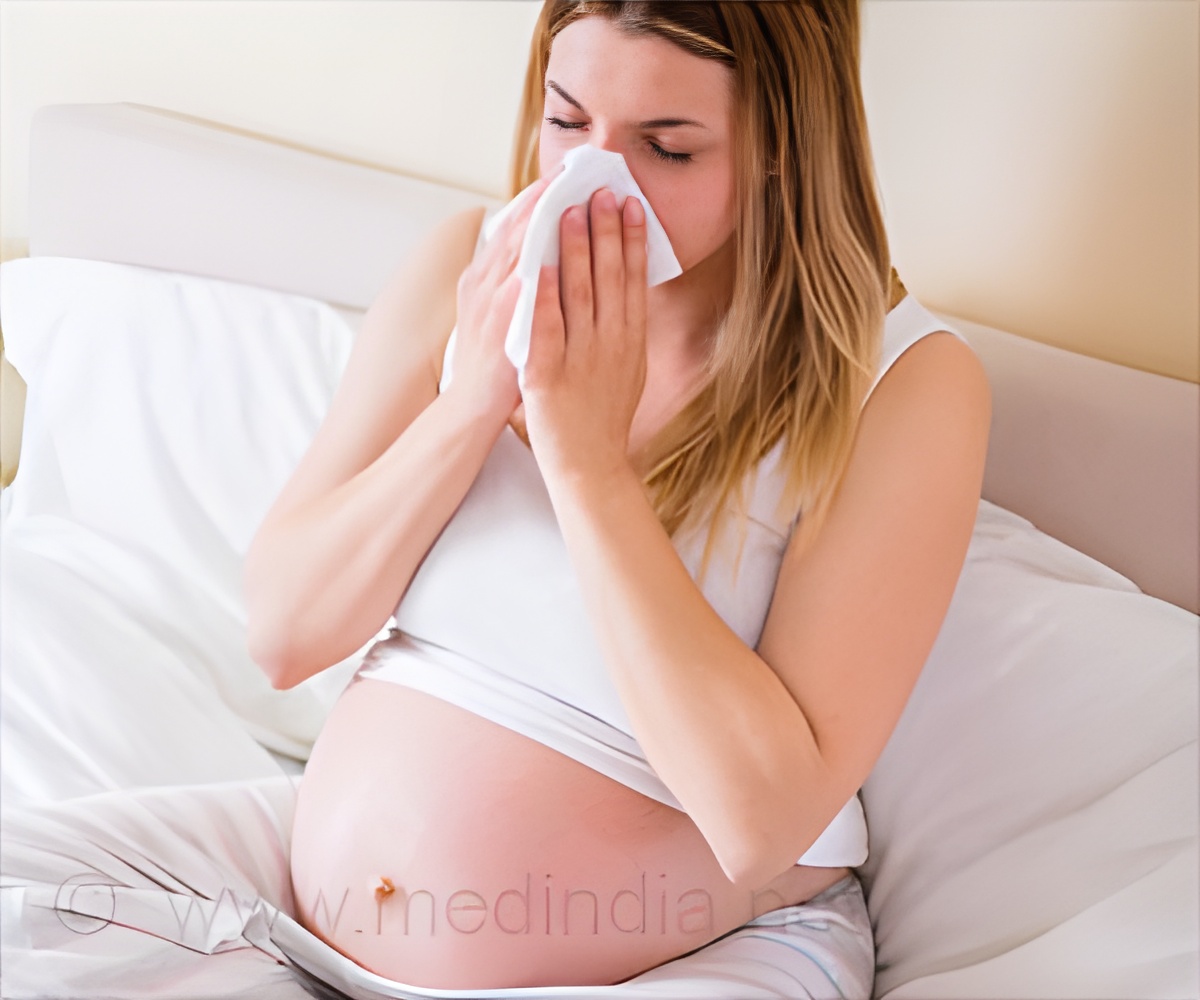Replicating and validating the findings from a new study examining the association between forever chemicals and preeclampsia can help to change relevant policies.

‘The association between prenatal perfluoroalkyl substances (PFAS) exposure and late-onset preeclampsia in pregnant women shows impact may occur outside of placental development.’





The U.S administration recently announced that it will require manufacturers to publicly report on PFAS levels found in household items. While scientists recognize their potential toxicity, they have yet to understand how exactly these substances impact human health.“PFAS are ubiquitous in the environment and are commonly detected in humans,” said David Cantonwine, Ph.D., MPH, Perinatal Environmental Epidemiologist in the Division of Maternal-Fetal Medicine at the Brigham.
Previous research has uncovered a correlation between prenatal PFAS exposure and preeclampsia, suggesting these toxins influence the development of this disorder.
In this new study, investigators aimed to examine the association between PFAS and early- and late-onset subtypes of preeclampsia.
Preeclampsia was originally thought to develop from the incomplete remodeling of the uterine spinal arteries in the placenta but it is now understood that it can arise from multiple, potentially, overlapping mechanisms.
Advertisement
To conduct this study, researchers analyzed 150 participants from their biorepository, LIFECODES, which has been banking data and samples from pregnant women at Brigham and Women's Hospital since 2006.
Advertisement
Researchers found no significant correlation between PFAS exposure and angiogenic biomarkers or early-onset preeclampsia, suggesting that the role PFAS plays in preeclampsia may not primarily involve placental development.
They also note that this study population was relatively small. In the future, they hope to replicate this research on a larger scale to validate results and explore biological mechanisms for these findings.
While this study reports a correlation, not causation, if larger follow-up studies replicate these findings, such research can influence environmental policy, and perhaps lower public exposure to PFAS.
Source-Medindia











